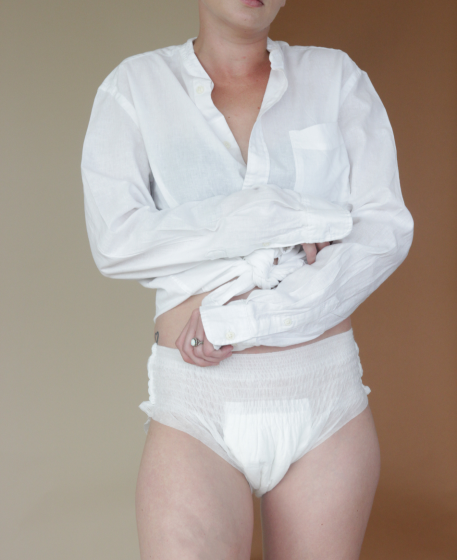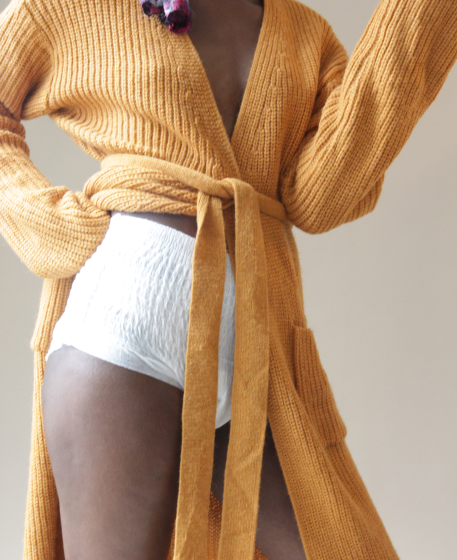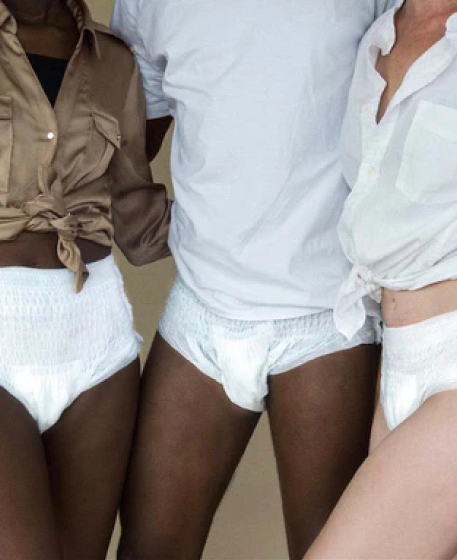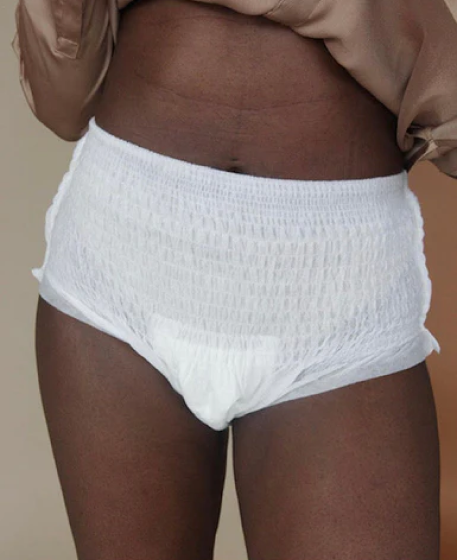Urinary incontinence affects approximately 25 million Americans, but numerous myths surround the condition. Many older people, as well as those who care for them, have misconceptions about urinary incontinence that can impair treatment and management. The first step to treating incontinence is getting educated on the facts. Here are five myths about incontinence
MYTH #1 - URINARY INCONTINENCE IS A NORMAL PART OF AGING, ESPECIALLY IN OLDER WOMEN.
While it is true that changes occur in our bodies as we age, which makes older adults particularly women, more likely to experience incontinence, it should not be considered a normal or inevitable part of the ageing process.
MYTH #2 IT’S BECAUSE YOUR BLADDER IS SMALL.
Most people don’t actually have a bladder that’s physically smaller than normal. But for some, the organ can’t hold the usual amount of urine (about 2 cups) or its muscle loses the ability to stretch to hold that amount of fluid. That can lead to an overactive bladder and incontinence.
MYTH #3 INCONTINENCE IS PERMANENT.
Incontinence isn’t a disease by itself -- it’s a symptom of another health problem. A temporary condition like an infection could cause it. Treat that with antibiotics, and the incontinence goes away. But even when it’s due to a long-term illness like diabetes, there are exercises, diet changes, devices, medications, and surgery that can treat both the illness and your bladder problem.
MYTH #4 - THE ONLY SUCCESSFUL TREATMENT FOR URINARY INCONTINENCE IS SURGERY.
Surgery is one treatment for incontinence, primarily for stress urinary incontinence (SUI). However, surgery for older adults is likely the last option to be considered when other treatments have failed. Many behavioural treatments, lifestyle modifications, exercises, medications, and new technologies can be used to manage incontinence. There are no known adverse reactions or side effects to behavioural treatments, lifestyle modifications, and exercises. Even so, there are advancements in the surgical intervention that are minimally invasive and thus options today for people well into their 80s and even 90s
MYTH #5 YOU SHOULD DRINK LESS TO STOP LEAKS.
Without enough fluids, your urine gets too strong, which can irritate your bladder. Make sure you stay hydrated throughout the day. Still, your doctor might suggest you avoid some drinks, like those with caffeine or alcohol, which cause irritation. And it might be a good idea to limit how much you drink a few hours before bedtime to prevent problems when you sleep.
At Odinnma, we prioritize care and provide plant-based products for adult incontinence designed for protection in comfort and confidence to address bowel and bladder leaks. To make your experience easier, we offer amazing deals and discounts on them.



